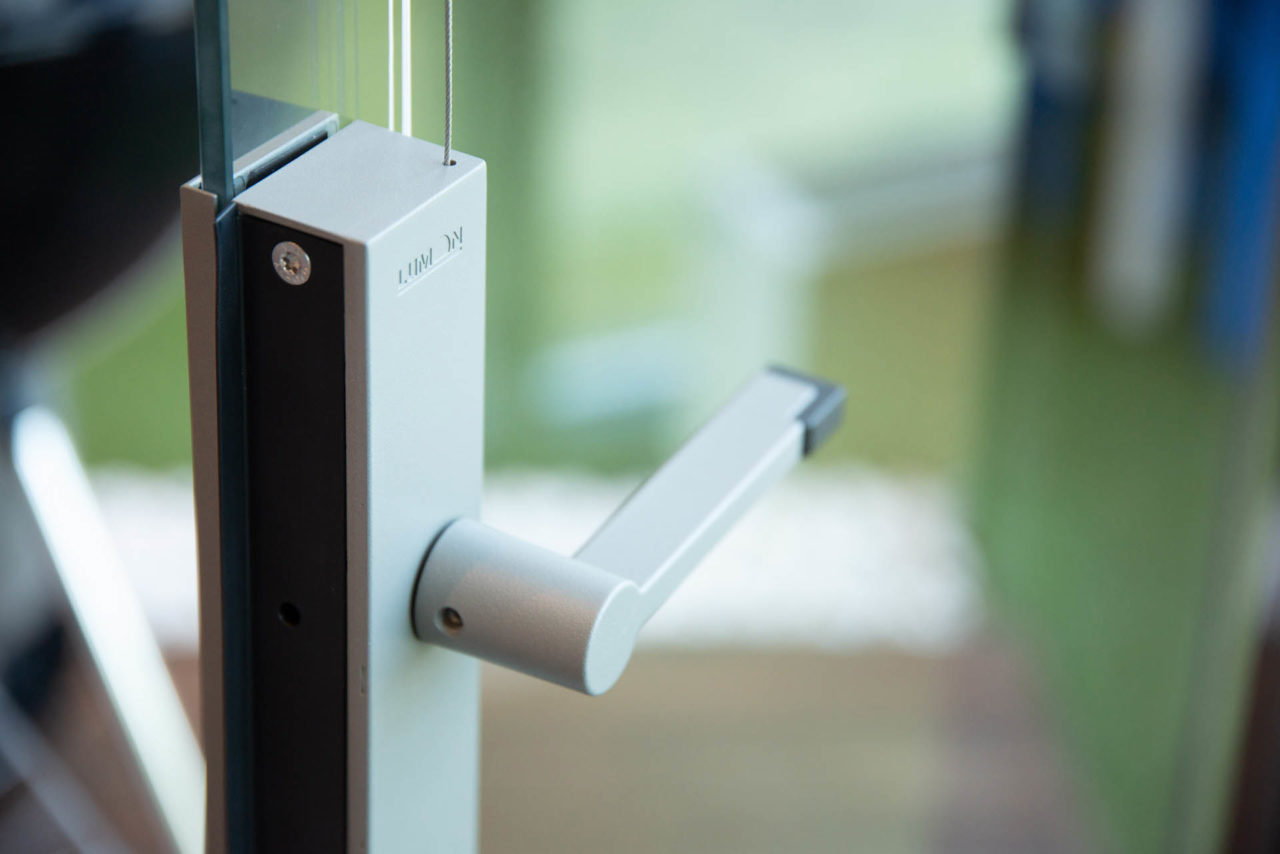
FAQ
FAQ
Learn more about our products and processes by browsing these frequently asked questions. If you don’t see the answer to your question here, one of our consultants would be happy to help.
General Q&A
Can you tan through balcony or terrace glazing?
The tempered glass allows some of the sun’s UV rays to pass through, so it is quite possible to sunbathe with the glasses closed! See the UV protection
How much does the glazing protect against UV rays?
The UV transmission of our tempered glass depends on the thickness and colour of the glass:
Clear glass
6 mm = 57%
8 mm = 52%
10 mm = 49%
12 mm = 46%
Gray glass
6 mm = 18%
8mm = 12%
Clear glass
6 mm = 57%
8 mm = 52%
10 mm = 49%
12 mm = 46%
Gray glass
6 mm = 18%
8mm = 12%
Can patterns, lines or marks appear on the surface of the glasses?
Some glass manufacturing processes, such as tempering, can create patterns on the glass that become visible if the glass fogs up. Fogging is a normal and natural phenomenon. The same phenomenon can occur in car windows. Traces or patterns can be seen from 2 meters away under normal lighting conditions.
How can I get rid of fog that forms on the glass panes?
A glazing consists of single panes of glass, which tend to fog more when warm, moist air hits the cold glass pane directly. If the glass is very cold and you open the door from the apartment, the glass fogs up on the inside. A facade is never completely sealed, and especially in older houses, both moisture and heat leak out, which is captured by the glazing. It is for this reason that a glazing should never be completely sealed, but a ventilated space so that the facade is not damaged by moisture. If you have glazing from us, you don’t have to worry about it being too tight because our glazing is always installed with regard to the facade and in accordance with the best practices However, our glazing also fogs up when it’s cold outside and warm, moist air hits the glass. The phenomenon of fogging on the inside of the glass is also common in, for example, cars. In exactly the same way that you start the fan in the car and turn on the heat to remove the fog on the glass, you can add a heat source or heating fan on the balcony or patio if you want to avoid fogging up on your glazing.
Can any silicone spray be used to lubricate wheel bases, plastic parts and profiles?
Normal silicone sprays and oils can be used for lubrication. We recommend first cleaning the profiles and parts and lubricating the system once or twice a year so that the glasses move smoothly. The spray should be sprayed sparingly. Do not use other lubricants or greases such as petroleum jelly or oils. They often attract dirt, which can damage the wheels of the system. If for some reason the glasses do not move smoothly, contact our service department
What kind of guarantee does Lumon glazing systems have?
Can I get spare parts for the glazing?
Lumon is committed to ensuring the usability of its products in the coming years. We guarantee full availability of spare parts for all Lumon glazing, Lumon and Visor blinds for 10 years from the original date of purchase. In addition, the functional and safety-related components of Lumon glazing systems are available in one colour for 20 years. For other products purchased from Lumon, we guarantee full availability of spare parts during the warranty period. for more information check your local products and warranties.
Why do you hear noises and rattles from the glazing?
The rattling of the balcony or terrace glazing is caused by the expansion of the aluminum profiles when they react to temperature changes. Possible expansion has been taken into account in the design of the glazing and its fixings, and frostbite does not affect the safety of the balcony, terrace or the operation of the glazing.
However, if you find the noise too loud, please contact us.
However, if you find the noise too loud, please contact us.
What are your glazings made of?
Our sliding and retractable glazing systems are made of glass that has been tempered for strength and durability, which is then mounted on aluminum beads, profiles and tracks. Tempered glass is 4-6 times stronger than normal float glass, and if the glass happens to break (which is extremely rare), it will break safely into small rounded pieces.
How much warmer will it be on the balcony or terrace with a frameless glazing system?
A glazing system works as a buffer between the balcony and the outside, but also as a buffer between your home and the outside. When it’s cold and windy, your glazing shuts out the cold winds and reduces air pressure. The glazing also captures the heat that leaks out of your home. Therefore, the temperature on the balcony will be slightly higher than the temperature outside.
Remember that a glazed balcony or terrace is still a ventilated space. During the colder months, we recommend that you supplement the balcony with a terrace heater for some extra heat.
Remember that a glazed balcony or terrace is still a ventilated space. During the colder months, we recommend that you supplement the balcony with a terrace heater for some extra heat.